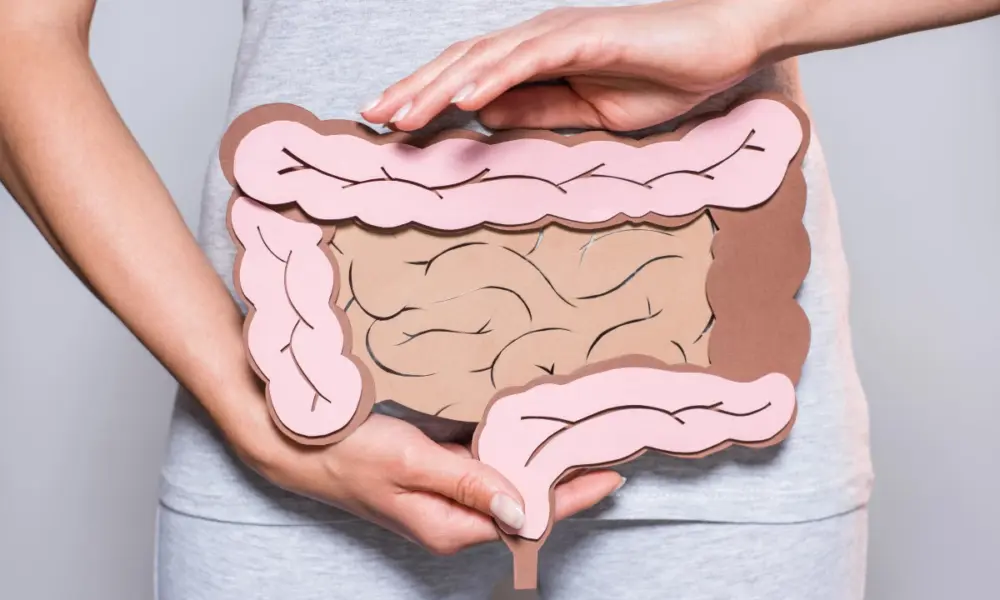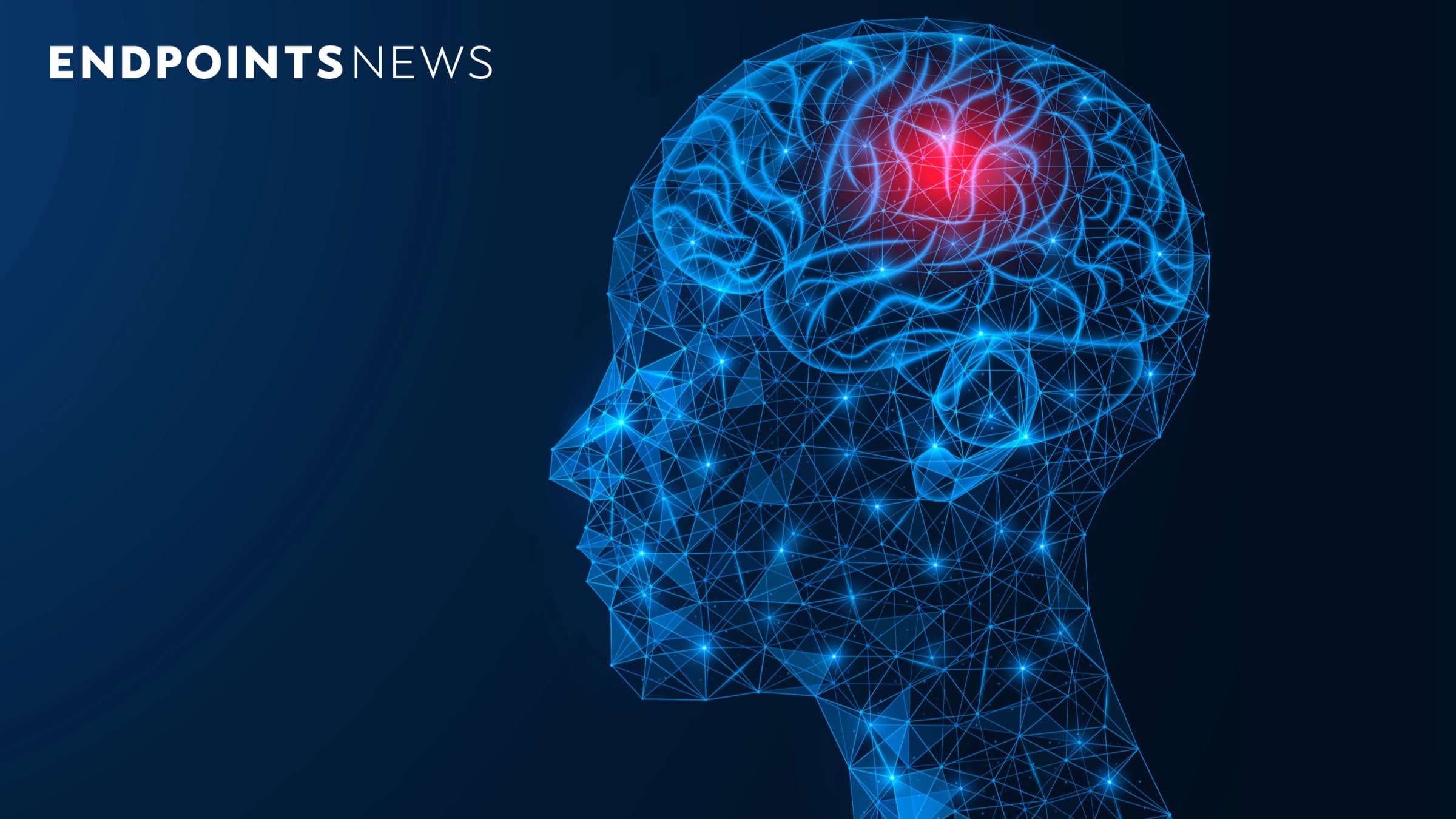A breakthrough in the treatment of irritable bowel syndrome (IBS) has emerged from research conducted at the University of Gothenburg. Scientists have identified two specific gut microbes that produce serotonin, potentially offering new therapeutic options for individuals suffering from this common gastrointestinal disorder. The bacteria, known as Limosilactobacillus mucosae and Ligilactobacillus ruminis, have demonstrated the ability to synthesize biologically active serotonin independently.
Previously, studies focused on the role of gut bacteria in influencing serotonin levels produced by the body, but this new research highlights the direct capacity of these microbes to generate serotonin. According to Fredrik Bäckhed, co-lead author and professor of molecular medicine at the Sahlgrenska Academy, the discovery underscores the fascinating relationship between gut bacteria and health.
Serotonin is primarily known for its role in the brain as a neurotransmitter, influencing mood and cognitive functions. However, it is also crucial for regulating digestive processes, with approximately 95% of the body’s serotonin produced in the gut. IBS remains a poorly understood condition, with its causes still being explored, although the gut microbiome and serotonin are known to play significant roles.
Research Findings and Implications
The study revealed that when L. mucosae and L. ruminis were introduced to germ-free mice with serotonin deficiencies, there was a notable increase in serotonin levels and an improvement in the density of nerve cells in the colon. The administration of these bacteria also corrected intestinal transit time, effectively regulating bowel movements that would otherwise be dysfunctional.
Further investigations revealed that individuals with IBS had lower levels of L. mucosae in their stool samples compared to healthy controls. This suggests that the composition of gut microbiota may significantly impact serotonin production. Magnus Simrén, a professor of medical gastroenterology at the same institution, emphasized that these findings indicate the crucial role of intestinal bacteria in maintaining gut health and suggest new possibilities for treating functional gastrointestinal disorders like IBS.
The study also posits that serotonin synthesis in the microbiome may require interactions between multiple bacteria. In this case, L. mucosae and L. ruminis work synergistically to produce serotonin. The researchers note that this discovery opens up new avenues for exploring gut microbe-based treatment strategies for IBS.
Future Research Directions
The potential for these serotonin-producing bacteria to enhance physiological serotonin levels in patients with intestinal motility disorders is an area ripe for future research. The strains of L. mucosae and L. ruminis used in the study were isolated from human samples and demonstrated the capacity to modulate enteric serotonin levels, nerve innervation, and intestinal transit time.
While L. mucosae was initially discovered in pigs in 2000, L. ruminis has been recognized since the 1960s. Both belong to the Lactobacillus genus, which includes numerous species found in fermented foods. Despite their potential, the dietary implications of these specific serotonin-producing strains have not yet been fully explored.
The findings of this research were published in the journal Cell Reports, providing a foundation for further studies aimed at understanding how gut microbiota might influence overall health and behavior through serotonin production. The implications for treatment strategies for IBS and related gastrointestinal disorders are profound, as more targeted therapies could emerge from this innovative research.







